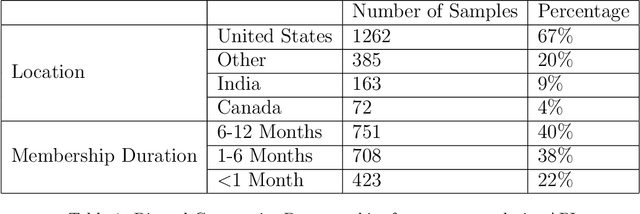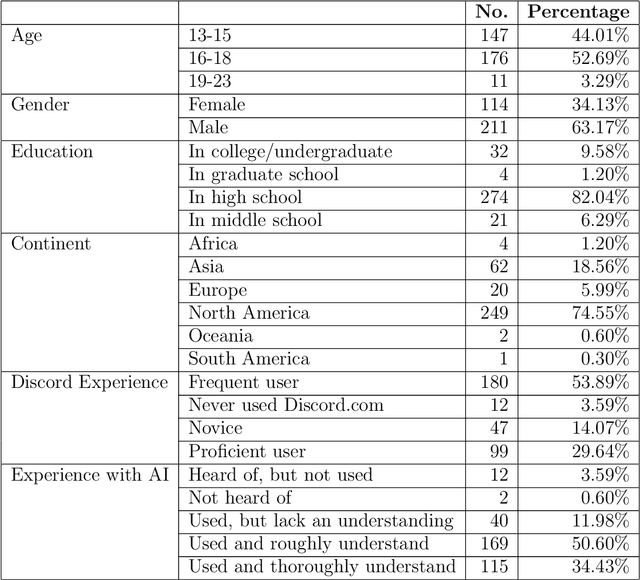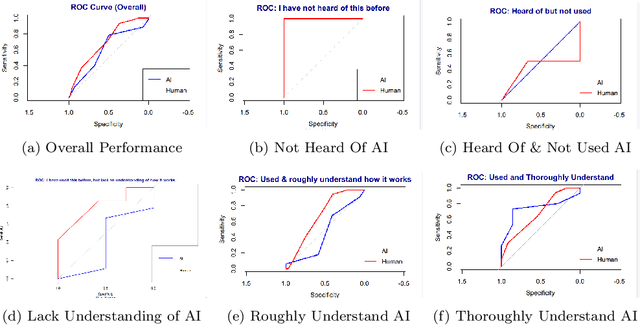Rishab Jain
Harvard Undergraduate Survey on Generative AI
Jun 02, 2024



Abstract:How has generative AI impacted the experiences of college students? We study the influence of AI on the study habits, class choices, and career prospects of Harvard undergraduates (n=326), finding that almost 90% of students use generative AI. For roughly 25% of these students, AI has begun to substitute for attending office hours and completing required readings. Half of students are concerned that AI will negatively impact their job prospects, and over half of students wish that Harvard had more classes on the future impacts of AI. We also investigate students' outlook on the broader social implications of AI, finding that half of students are worried that AI will increase economic inequality, and 40% believe that extinction risk from AI should be treated as a global priority with the same urgency as pandemics and nuclear war. Around half of students who have taken a class on AI expect AI to exceed human capabilities on almost all tasks within 30 years. We make some recommendations to the Harvard community in light of these results.
Generation Z's Ability to Discriminate Between AI-generated and Human-Authored Text on Discord
Dec 31, 2023



Abstract:The growing popularity of generative artificial intelligence (AI) chatbots such as ChatGPT is having transformative effects on social media. As the prevalence of AI-generated content grows, concerns have been raised regarding privacy and misinformation online. Among social media platforms, Discord enables AI integrations -- making their primarily "Generation Z" userbase particularly exposed to AI-generated content. We surveyed Generation Z aged individuals (n = 335) to evaluate their proficiency in discriminating between AI-generated and human-authored text on Discord. The investigation employed one-shot prompting of ChatGPT, disguised as a text message received on the Discord.com platform. We explore the influence of demographic factors on ability, as well as participants' familiarity with Discord and artificial intelligence technologies. We find that Generation Z individuals are unable to discern between AI and human-authored text (p = 0.011), and that those with lower self-reported familiarity with Discord demonstrated an improved ability in identifying human-authored compared to those with self-reported experience with AI (p << 0.0001). Our results suggest that there is a nuanced relationship between AI technology and popular modes of communication for Generation Z, contributing valuable insights into human-computer interactions, digital communication, and artificial intelligence literacy.
 Add to Chrome
Add to Chrome Add to Firefox
Add to Firefox Add to Edge
Add to Edge